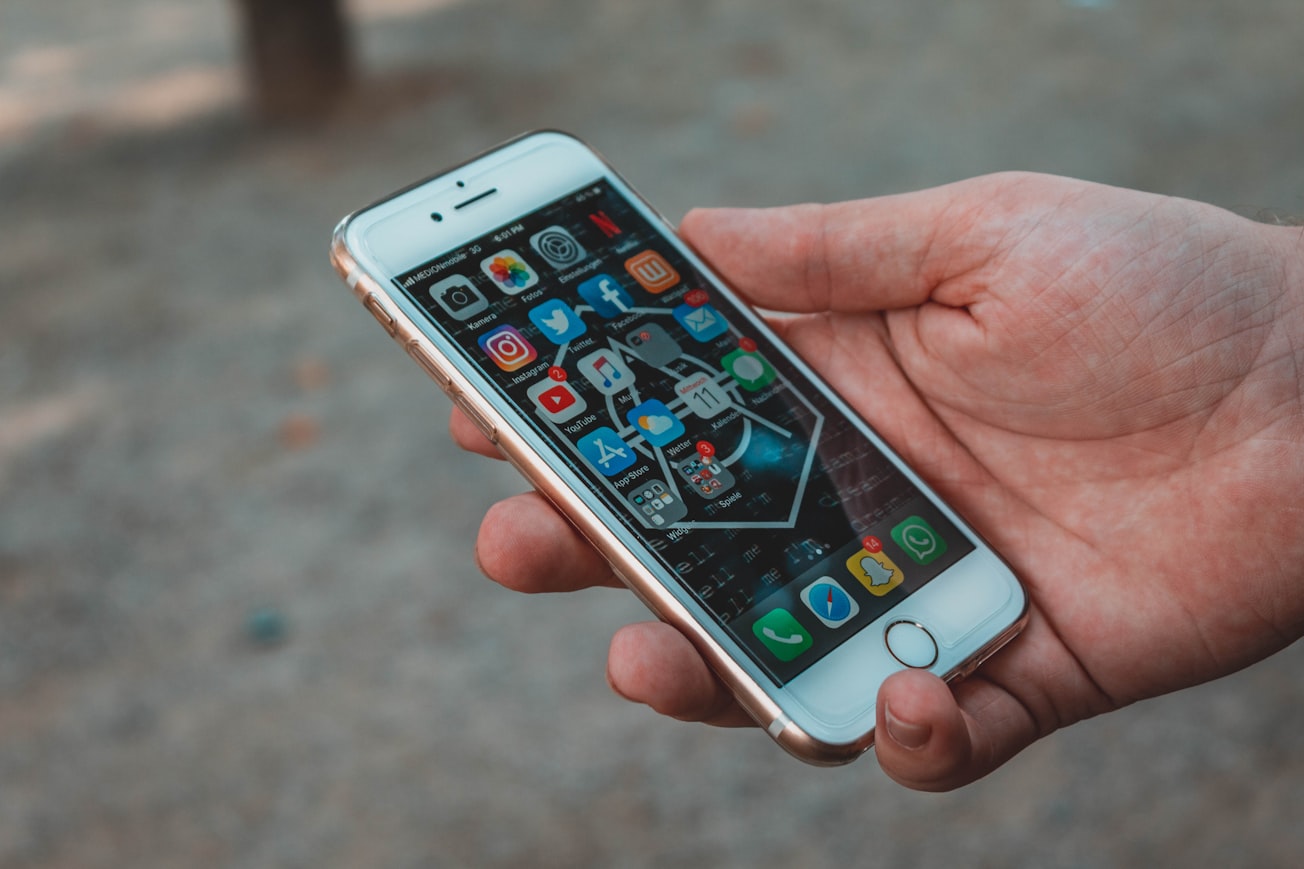What is it about?
It can be challenging for clients to remember and describe in detail their listening difficulties in real-world environments, especially in terms of change over time or change following an intervention such as a hearing aid fitting. In the short time available in clinical appointments, it can be difficult for clinicians to gain a full understanding of all aspects of their client's listening difficulties that are important to that individual client. We have proposed a smartphone app that would support clients to track their listening experiences in real-world environments and share outcomes with their hearing-care clinician. In this study, focus groups of audiologists provided the clinician perspective regarding the desirable content, features and potential uses of the proposed app.
Featured Image

Photo by Sara Kurfeß on Unsplash
Why is it important?
The data collection capabilities of digital health tools provide a wealth of opportunity for client empowerment and increased clinician insight. The recent growth in digital health has seen hearing aid manufacturers and others develop smartphone apps for managing hearing devices and providing feedback to clinicians. The app we propose is unique in allowing hearing aid candidates and users to tailor the data collected by the app so that it tracks over time the aspects of real-world listening important to the individual.
Perspectives
We have also held focus groups to gain the consumer perspective. We hope to create an app that will give consumers insight into their own listening difficulties and how these change over time and impact on their behaviour, emotional state, and quality of life. We also hope that the app will increase the efficiency of clinical care by making it easier for the audiologist to focus in on the aspects of their client's listening experiences that are most important to that client.
Karyn Galvin
University of Melbourne
Read the Original
This page is a summary of: Designing a Hearing Health Care Smartphone App With Ecological Momentary Assessment: A Qualitative Study of Audiologists' Perspectives, American Journal of Audiology, December 2022, American Speech-Language-Hearing Association (ASHA),
DOI: 10.1044/2022_aja-22-00054.
You can read the full text:
Contributors
The following have contributed to this page










